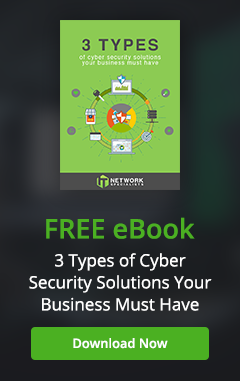Hackers have found a new way to track you online. Aside from using advertisements and suggestions, they can now use autocomplete passwords to track you down. Feeling unsecure? Here are some ways to keep you out of harm’s way.
Why auto-fill passwords are so dangerous
As of December 2018, there are 4.1 billion internet users in the world.
The dangers of autocomplete passwords
Benefits of using a VPN
While using a virtual private network or VPN isn’t a silver bullet to online privacy threats, it still offers crucial security benefits, especially if any part of your day involves using unsecured channels such as public Wi-Fi. Given its importance, how do you pick the right one and what factors do you need to consider?
What is a VPN?
The best way to describe a VPN is as a secure tunnel between your device and destinations you visit on the internet.
Protect your Facebook and Twitter from hackers
In the wake of Facebook’s worldwide privacy scandal, it’s time to revisit some social media best practices. Your information is incredibly valuable, and you can’t rely on social media platforms to keep it safe from hackers. Heed these tips to make sure your Facebook and Twitter accounts are well secured.
HIPAA Requires Careful Social Media Posting
Healthcare providers that use Social Media can interact with their patients, advertise new services, and quickly communicate urgent announcements or messages. There's immense potential for it to improve care, but also to expose patient-specific information.
3 tips to maintain a secure Facebook account
In March 2018, disturbing reports circulated on the web that revealed a company named Cambridge Analytica harvested confidential details of 50 million Facebook accounts. If you’re concerned that your private details are being passed around by private companies, consider the following 3 tips to maintain a confidential Facebook profile.
The risks of auto-complete passwords
If you’re disturbed by advertisements and “helpful” suggestions that are based on your internet browsing habits, recent research has found yet another source of online tracking. It’s a sneaky tactic that also comes with serious security concerns.
What you need to know about VPNs
With stories of large-scale data breaches and internet service providers tracking internet habits, online privacy is becoming a rare commodity. Incognito mode and private browsing features may be able to cover up your browsing history, but they don’t completely protect your online activities.
How Google protects users with safe browsing
As end users of Google’s suite of productivity enhancing tools, we have a right to know that the company is doing everything in its power to protect its billions of users - whether they are working from a desktop, browsing while they are on the go, or working remotely.
- 1
- 2

